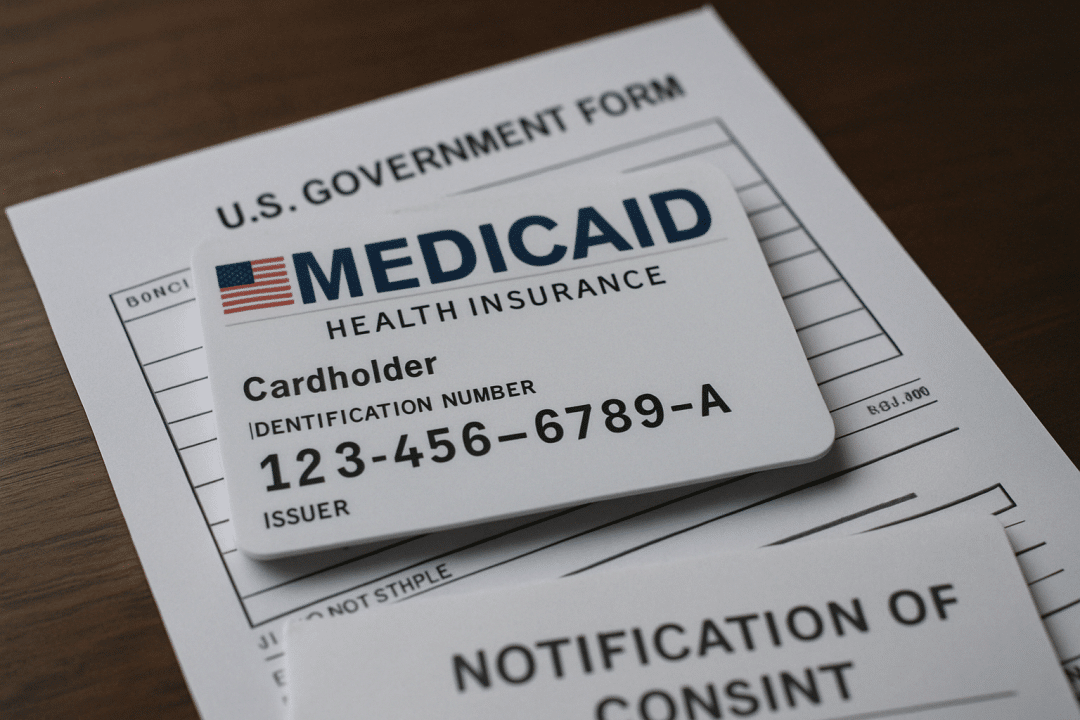
The latest Republican budget proposal includes steep Medicaid cuts that could affect millions of Americans. Lawmakers aligned with the House Freedom Caucus are pushing to reduce Medicaid spending by $625 billion over the next decade. If passed, this plan would dramatically change how states fund care for low-income residents, older people, children, and people with disabilities.
Who would be most affected?
The cuts would hit states hard, especially those with large Medicaid populations. According to analysts, the biggest risks fall on:
- Low-income working families who gained coverage under Medicaid expansion
- Children covered through CHIP and Medicaid joint programs
- Older people in nursing homes who rely on Medicaid for long-term care
- Disabled adults who need ongoing support services
States would either need to raise taxes or cut benefits to make up the difference. Some governors are already warning that essential services could be lost.
What the plan would change
If passed, the GOP plan would convert Medicaid into a block grant system. That means states would get a fixed amount of money instead of open-ended federal funding. In theory, this gives states more control. But in practice, it caps funding during times of crisis—like a pandemic or economic downturn. The plan also introduces stricter work requirements and eligibility reviews, which could lead to large numbers of people being dropped from coverage.
What experts and advocates are saying
Health policy experts warn the proposed cuts could reverse years of progress in reducing the uninsured rate. The Kaiser Family Foundation estimates that up to 10 million people could lose Medicaid coverage if the changes are implemented. Advocacy groups are urging Congress to reject the plan, saying it would create unnecessary barriers to care and increase costs for emergency services. Even some moderate Republicans have raised concerns about the plan’s long-term impact on rural hospitals and vulnerable populations.
Where the plan stands now
The budget proposal stalled in committee on May 16 after several conservative Republicans joined Democrats in voting it down. However, GOP leaders are expected to bring a revised version forward later this summer. Medicaid will remain a top target in upcoming negotiations as lawmakers debate how to fund other priorities like tax cuts and defense spending.
Bottom line: millions could be left behind
Medicaid has served as a critical safety net for more than 80 million Americans. If Congress passes even a scaled-down version of the proposed cuts, states will face difficult choices—and many people could lose coverage. Families should stay informed, track changes in their state, and be prepared to reverify their eligibility in the months ahead.
